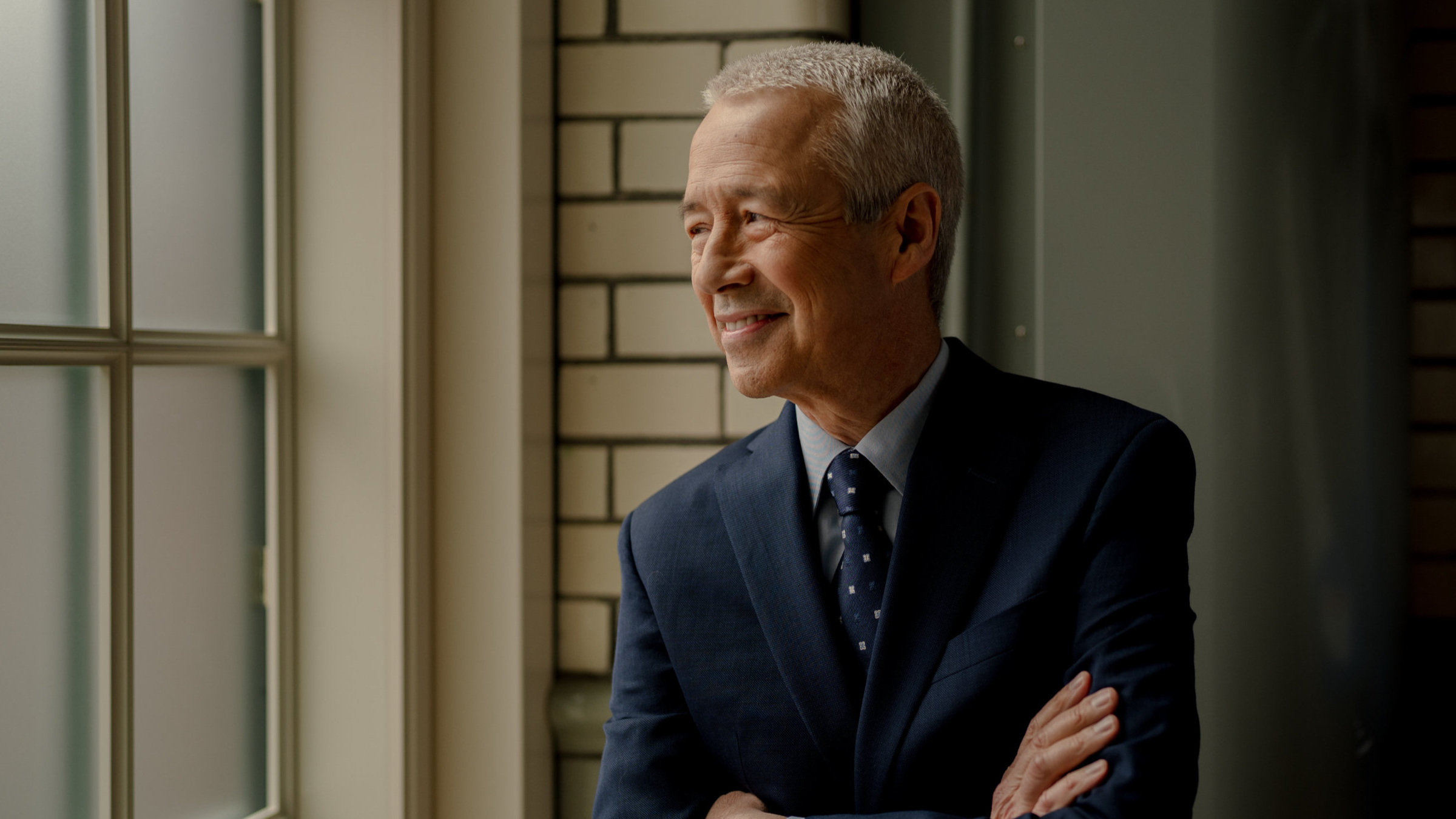
Joaquin Duato, J&J CEO (Amir Hamja/Bloomberg via Getty Images)
J&J coughs up $40.5M in New Hampshire opioid settlement, evading upcoming trial
J&J has agreed to shell out $40.5 million to settle New Hampshire state’s alleged claims over the company’s role in fueling the US opioid crisis …
Sign up to read this article for free.
Get free access to a limited number of articles, plus choose newsletters to get straight to your inbox.